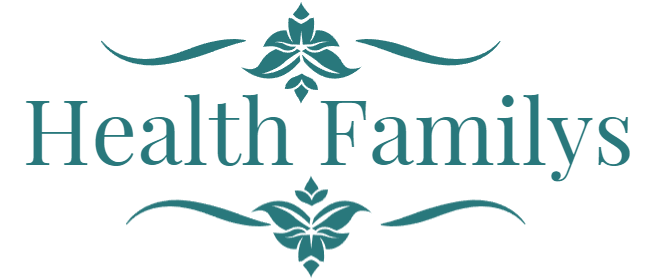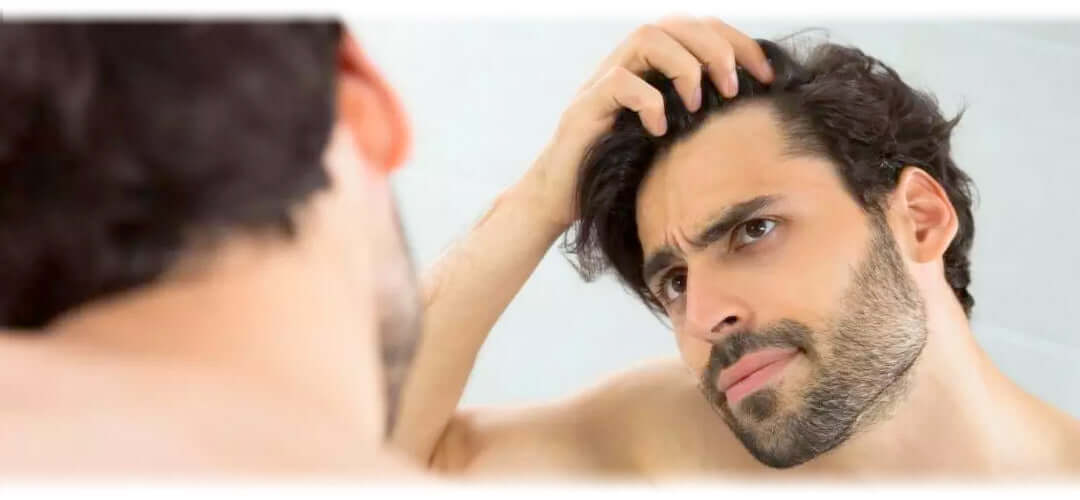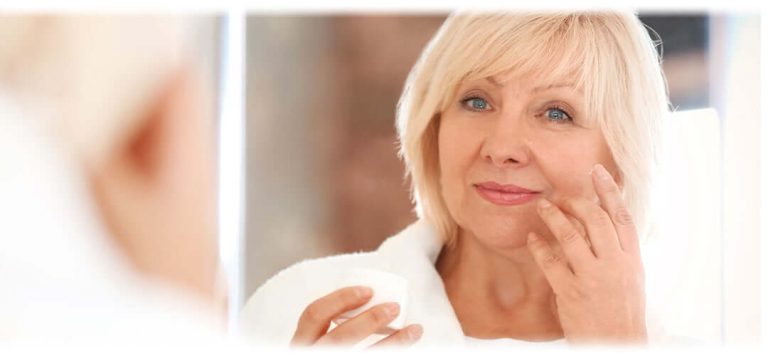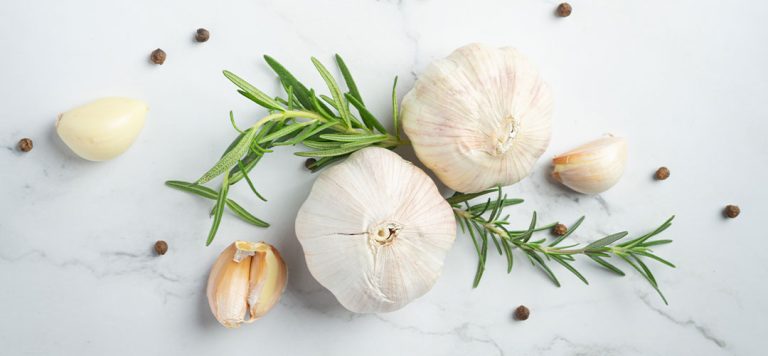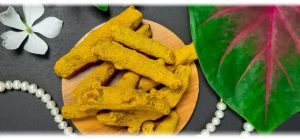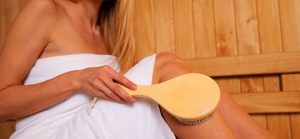Having to deal with hair loss, whether it be due to ageing, chronic illness or as a result of medical treatments, can be a blow to your identity and self-confidence.
It can have an even more significant impact if you’re young or at a vulnerable time in your life. Hair loss is a fairly common condition that affects many people.
Around eight million women in the UK are affected by hair loss at some point in their lives. At the same time, about 40% of men will experience noticeable hair loss by the age of 35.
There are many different types of hair loss, from mild ‘thinning’ to total loss of hair. It can be gradual or sudden and can affect different people at different stages of their lives. Here, we take a closer look at the causes of hair loss and some of the things you can do to cope if it affects you.

What Causes Hair Loss?
Hair loss can occur for several reasons, some more serious than others. Stress and other hormonal changes can trigger hair thinning and hair loss, as well as chronic illness and medical treatments. Experiencing hair loss also becomes more common the older you get, especially if it runs in your family. Stress, lack of sleep, over-exposure to sunshine and airborne pollutants, smoking and too much caffeine and alcohol can also result in thin, brittle and unhealthy hair.
Six Ways To Cope With Hair Loss
When it comes to coping with hair loss, addressing both the physical and the psychological impacts is essential. Understanding the type of hair loss you’re experiencing is vital, as there may be treatments you can undergo to slow or reverse it. The psychological impact, however, can be more challenging to come to terms with. If you’re struggling with hair loss, here are a few things that may help you cope.
Talk to someone who understands
Joining support groups where you can talk about your hair loss in a safe space with others who have or are going through the same experience will help you feel more accepting of yourself and will help boost your confidence.
Try different hairstyles
Hair plays a significant role in how you look and feel about yourself. Try to avoid wearing tight hairstyles such as ponytails and opt for a looser look instead. Also, changing your parting, especially if you struggle with pattern baldness, so your hair falls at a different angle and shape, will help mask any signs of thinning. And if you’re feeling really brave, get those clippers out and go for a close shave. Embracing short hair, whether you’re male or female, can be really liberating.
Avoid heat
Using hairdryers and other heated products such as straighteners or curlers on your hair can strip out its natural oils and cause further damage. So, if you can, pat your hair dry with a warm towel, then leave it to dry naturally. Also, limiting the number of artificial products or chemicals you use on already thinning hair may help prevent further damage.
Wigs & hair extensions
If you no longer have much of your natural hair, trying out wigs and hair extensions can help bring back your old confidence. If all else fails, try wearing a hat to suit your style and personality. If nothing else, it will be a great talking point or ice-breaker.
Monitor your diet
Eating a diet rich in protein may help with hair loss. Foods such as berries, spinach and sweet potato that contain vitamin A and C can also be beneficial. If your diet is more restrictive due to medical conditions, supplements may also aid in hair regrowth.
Acceptance
Although it’s easier said than done, accepting your hair loss will be so freeing, though it will come with time. Self-acceptance will put you on the path to becoming more confident in yourself. Whether you do so by wearing hair extensions or not, your hair loss doesn’t define you.
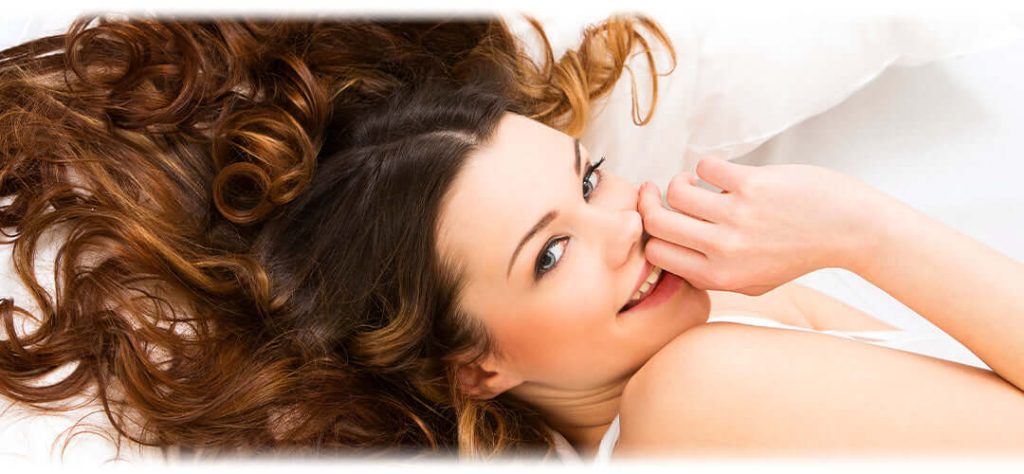
How To Prevent Hair Loss
Techniques in preventing hair loss will vary from person to person, based on the reasoning behind their hair loss. Using hair care products with natural ingredients can limit your exposure to harmful chemicals, such as sulphates, which can weaken your hair and strip it of the natural oils it needs to stay healthy. Some essential oils and supplements have also been found to be beneficial. For example, Zinc plays a vital role in hair growth and repair. Omega-3 fatty acids such as ones found in fish oils, promote good scalp health and stimulate hair follicles to keep them strong. Maintaining healthy hair tends to be more of a challenge the older we get.
As our bodies age, they produce less collagen, a naturally occurring protein that is the building block of every cell in the body. Without enough collagen, your hair can suffer.
While watching what you eat and making positive lifestyle choices can have an impact, your body still might not be getting enough of the vital vitamins, minerals, and other nutrients it needs to boost collagen production and maintain thick, healthy hair.
